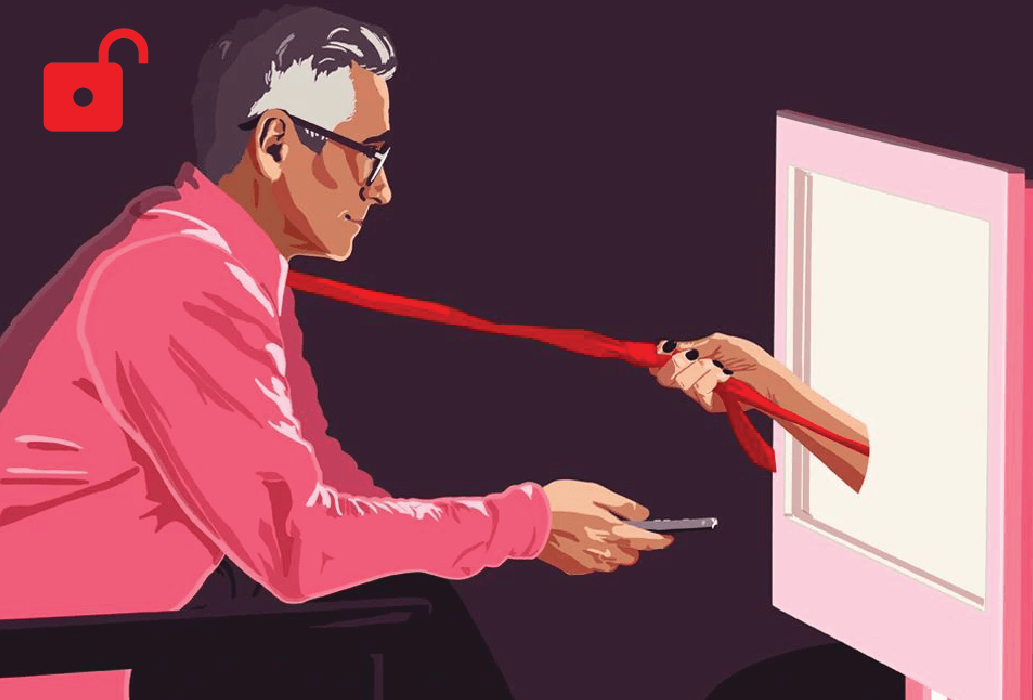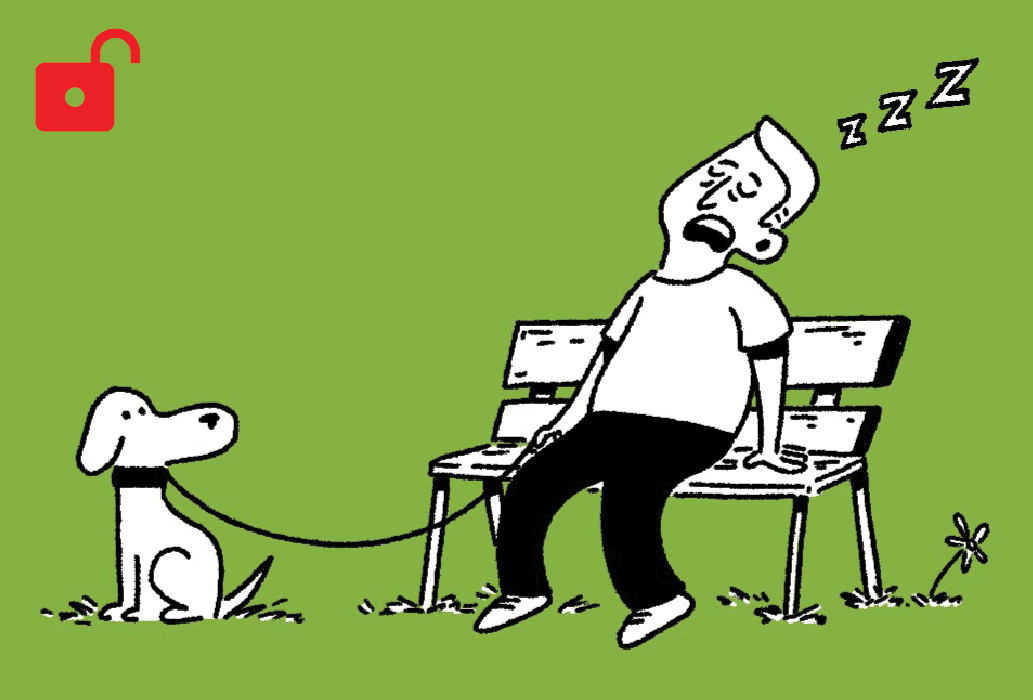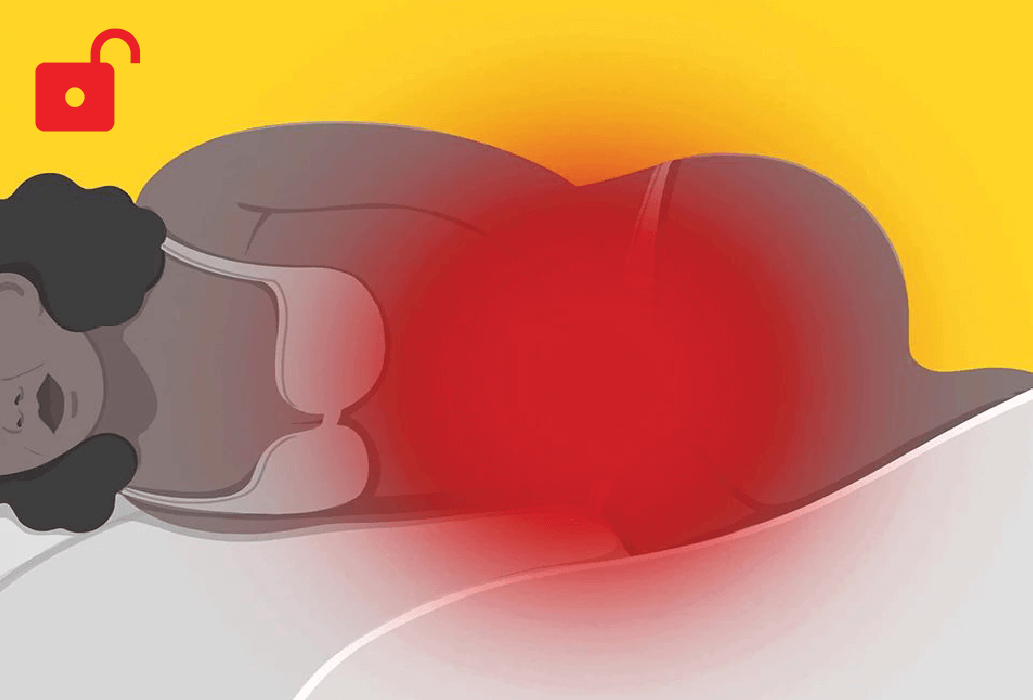Your Health
ASK DR. ADAM
A top internist and cardiologist answers your questions with surprising doctor-tested tips

“How can I boost my immune system?”
Dr. Adam: You’re right to want to boost your immune system, especially around this time of year. Several steps can help you make it happen. But before we look into them, let’s talk about what your immune system is and how it helps your body fight illness.
The immune system is your defense against infections caused by bacteria, viruses and parasites. It also protects your healthy cells from cancer by identifying and then destroying abnormal cells.
Our immune system is active 24 hours a day, all year long. But as we age, it’s not as strong as it was when we were younger. Not only do we have fewer immune cells as we get older, but the ones we have don’t communicate as well with each other. It’s the reason the immune system takes longer to react to germs and why we’re slower to heal.
Certain conditions, including cancer, diabetes and obesity, can weaken an immune system, as can some fairly common medications such as steroids, some medications that treat inflammatory conditions, and others that suppress the immune system. No matter how old you are, or what may be depleting your immune system, you can boost your defenses by choosing healthy behaviors.
What are they? Well, you’ve probably read it before—eating a healthy diet with plenty of fresh fruits and vegetables, whole grains and lean protein, not smoking, getting between seven and eight hours of sleep a night, avoiding alcohol, reducing stress, maintaining a healthy weight and exercising regularly.
In general, my older patients who stay active have a stronger immune system and get sick less often. On the other hand, I have some patients who tell me “Oh, I’m not going to go out because I’m too afraid of catching something.”
Since our bodies are designed to interact with the environment, isolation is not necessarily a good way to protect yourself. Even if you mostly stay on the couch, you can still develop pneumonia. An analysis of 10 different studies showed that regular physical activity is linked to a lower risk of getting pneumonia.
Another thing I hear from patients is that when winter rolls around, they increase their vitamin C intake. OK, but if you’re still smoking or staying awake until 3 in the morning, more vitamin C won’t do much to protect you.
What else? Vaccines. The idea that vaccines diminish the immune system is not true. Many vaccines are made of very small amounts of weak or dead germs. Although a vaccine won’t make you sick, it does trigger your immune response. So, if your body is exposed to that germ again, it recognizes it and goes on the attack. Some of the COVID-19 vaccines work in a slightly different way. They deliver instructions to your cells to help them build protection against the virus.
One of my favorite protective measures against contagious diseases like the flu, or even COVID, is to avoid touching your face. I read an Australian study reporting that most of us touch our faces 23 times an hour; almost half of those touches involve the mouth, nose or eyes. These are all easy places for viruses and bacteria that catch a ride on our hands to enter our bodies.
Not touching your face takes some practice. Washing your hands with scented soap acts as a good reminder. When you raise your hand to your face, the scent will give you the clue to put your hand down.
Some people just have stronger immune systems. But for most of us, it’s in our hands to build up our defense system.

Adam B. Rosenbluth, M.D., practices and teaches in New York City. Each Monday online, he answers your questions about how to make your body work better for you.
WANT MORE DR.ADAM? GO TO aarp.org/AskDrAdam
For more advice columns, go to aarp.org/MembersEditionBUL

Is It OK to Rely on External Arousal?
Find surprising uses for porn in intimate relationships. aarp.org/InTheMood

Why Am I So Tired All the Time?
Is it just aging, or is something really wrong? aarp.org/AskDrAdam

How Can I Have Pain-Free Pleasure?
Get tips for enjoyable sex after menopause. aarp.org/InTheMood
Need help? Visit aarp.org/MembersEditionHelp or call 877-846-3261
FROM TOP: JAMES YATES; DELPHINE LEE; SUSANNA GENTILI; JAMES YATES; SUSANNA GENTILI